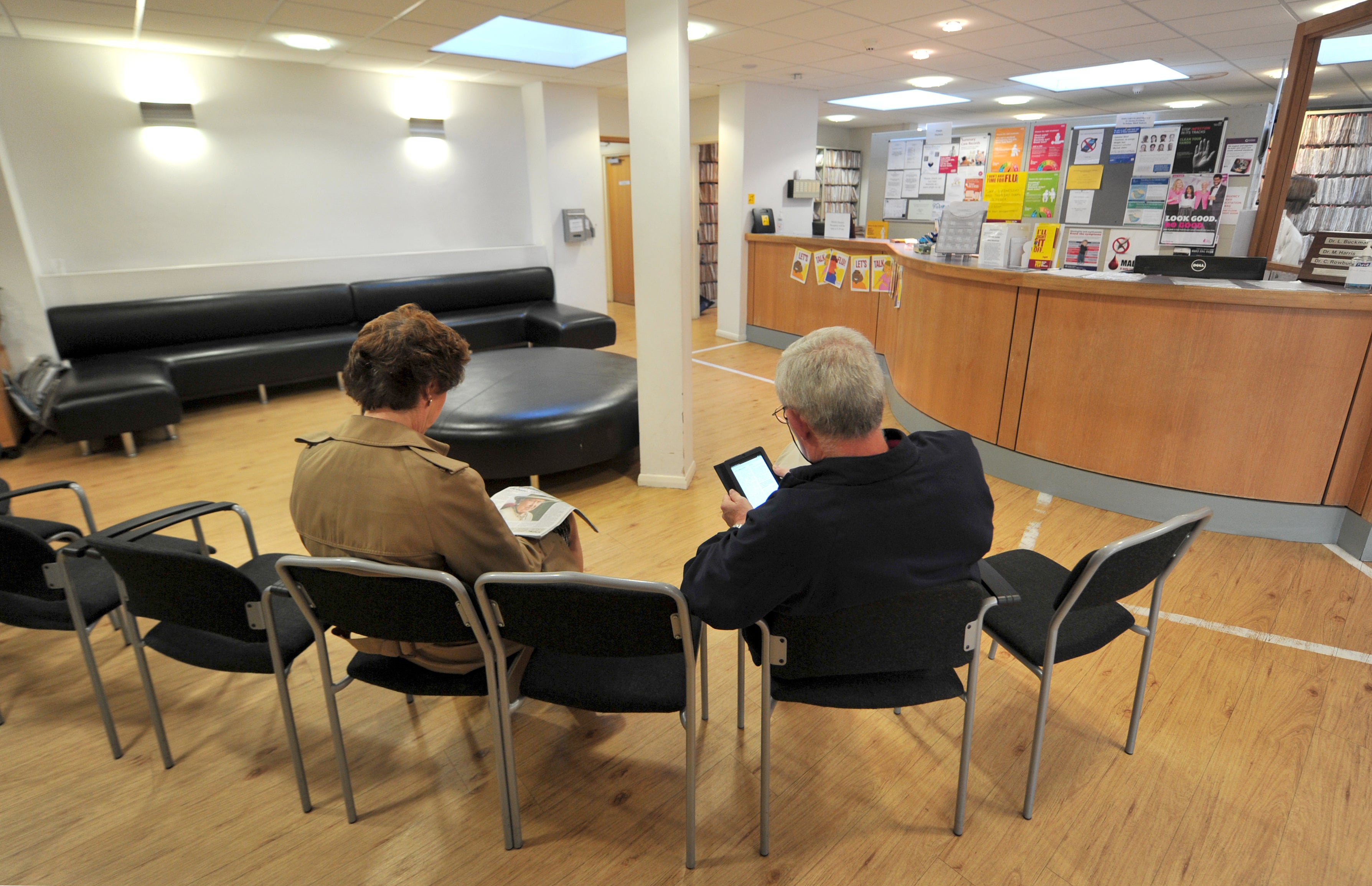NHS staff shortages ‘impacting children’s services outside of hospital’
Concerns have been growing over care for people in the community.

Your support helps us to tell the story
From reproductive rights to climate change to Big Tech, The Independent is on the ground when the story is developing. Whether it's investigating the financials of Elon Musk's pro-Trump PAC or producing our latest documentary, 'The A Word', which shines a light on the American women fighting for reproductive rights, we know how important it is to parse out the facts from the messaging.
At such a critical moment in US history, we need reporters on the ground. Your donation allows us to keep sending journalists to speak to both sides of the story.
The Independent is trusted by Americans across the entire political spectrum. And unlike many other quality news outlets, we choose not to lock Americans out of our reporting and analysis with paywalls. We believe quality journalism should be available to everyone, paid for by those who can afford it.
Your support makes all the difference.Children will face longer waits for help with autism or speech problems due to NHS staff shortages outside of hospitals, health leaders have warned.
The NHS Confederation and NHS Providers warned that without action the waiting list for community care will continue to rise.
The organisations, which represent NHS bodies, said there are growing vacancies for district nurses, health visitors, podiatrists, community dentists and speech and language therapists.
Delays in accessing services such as speech and language therapy or assessments for autism can have “profound impacts” on the lives of children, they said.
The organisations said existing staff shortages in the community have been exacerbated by the pandemic and staff are feeling the brunt of the cost-of-living crisis, particularly those who need to travel to see patients.
Earlier this month it emerged that more than a million people were waiting for care in the community.
The figures, obtained by the Health Service Journal, included 75,000 children waiting for care from community paediatric services, which help children with additional needs, developmental concerns, medical and long-term health conditions and support those with learning and physical disabilities.
About 74,300 young people were waiting for speech and language therapy.
The HSJ reported that 1.04 million people are waiting for community services in England, including nearly 300,000 children.
NHS Confederation and NHS Providers said ministers should commit to a national workforce plan to plug gaps.
They warned that the Government’s pledge to recruit 50,000 more nurses before the end of this parliament will provide “little or no benefit” to community services as the vast majority of new nurses are working in hospitals.
Without action we are condemning patients, including young children, to lengthy waits and storing up problems in GP practices, A&E departments and other urgent and emergency care services
Matthew Taylor, chief executive of the NHS Confederation, said: “Community services are absolutely essential in keeping people well at home or in their community and preventing demand on other parts of the healthcare system, but to do so effectively they need the right numbers of people in the right roles.
“At the moment, they are trying to provide services with one hand tied behind their backs.
“Without action we are condemning patients, including young children, to lengthy waits and storing up problems in GP practices, A&E departments and other urgent and emergency care services that could have been dealt with earlier in the community.”
Saffron Cordery, chief executive of NHS Providers, added: “NHS leaders are once again raising the alarm over the consequences of the Government’s failure to deliver a fully costed and funded workforce plan for the health service.
“Like much of the NHS, vital community services haven’t been able to fill significant staffing capacity gaps and this is now having dire consequences for the health and welfare of some of the most vulnerable in our society.
“We are seeing first-hand how delays to access for services such as speech and language therapy can have profound impacts for the rest of a child’s life, exacerbating longstanding health inequalities.
“Investing in community services could put us in a win-win situation, letting the NHS deliver higher quality care while reducing pressure on our urgent and emergency services, but we need national action on this, and fast.”
The organisations said the creation of new roles, or alternative routes into existing roles, could help address staff shortages.
A Department of Health and Social Care spokesperson said: “NHS staff have been working incredibly hard to tackle the Covid backlogs and have treated more than 15 million patients in the last year.
“We are growing the health and social care workforce, with over 4,300 more doctors, and 10,200 more nurses compared to last year, and supporting the community nursing workforce through initiatives such as the safer staffing tool and the development of the national community nursing plan.
“Frontline staff can receive rapid access to mental health services through 40 staff mental health and wellbeing hubs, backed by £45 million to support the continuation of the health and wellbeing support offer.”